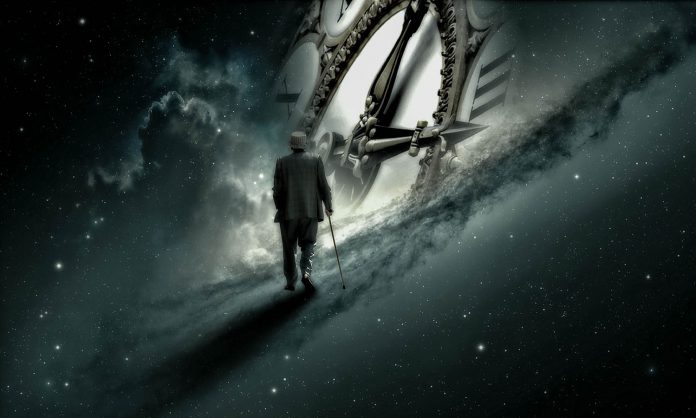In a post on CrimeReads, Rachel Barenbaum ponders the fun of time travel and whether it is, in fact, something quite horrible. “While all the rules are different, the reason behind time travel is almost always the same: regret,” Barenbaum writes. “The protagonist always has something they want to fix.” However, while this sound heroic, this motivation is actually terrifying.
“First, there’s the quiet violence in erasing a path once taken,” Barenbaum says. “In the blink of an eye an entire generation or family line could disappear.” In Diana Gabaldon’s Outlander, readers root for the time traveling protagonist’s love affair with a man in the late 18th century. But what about the woman he would have married and the children he would have had? “Of course thinking this way takes the fun out of time travel, but we’re at a moment in history when war is raging in Ukraine, and I can’t help but think about this violence,” Barenbaum writes. “And I can’t seem to find a single instance where a weapon like a time machine could be justified.”
Could a line be drawn? “If a mistake was changed within say, five minutes, would that be OK?” Barenbaum asks. “Or five hours or five days? Maybe nothing too significant could happen in a short time frame. Is there ever a point where it’s OK to interfere, to decide that you know better?”












